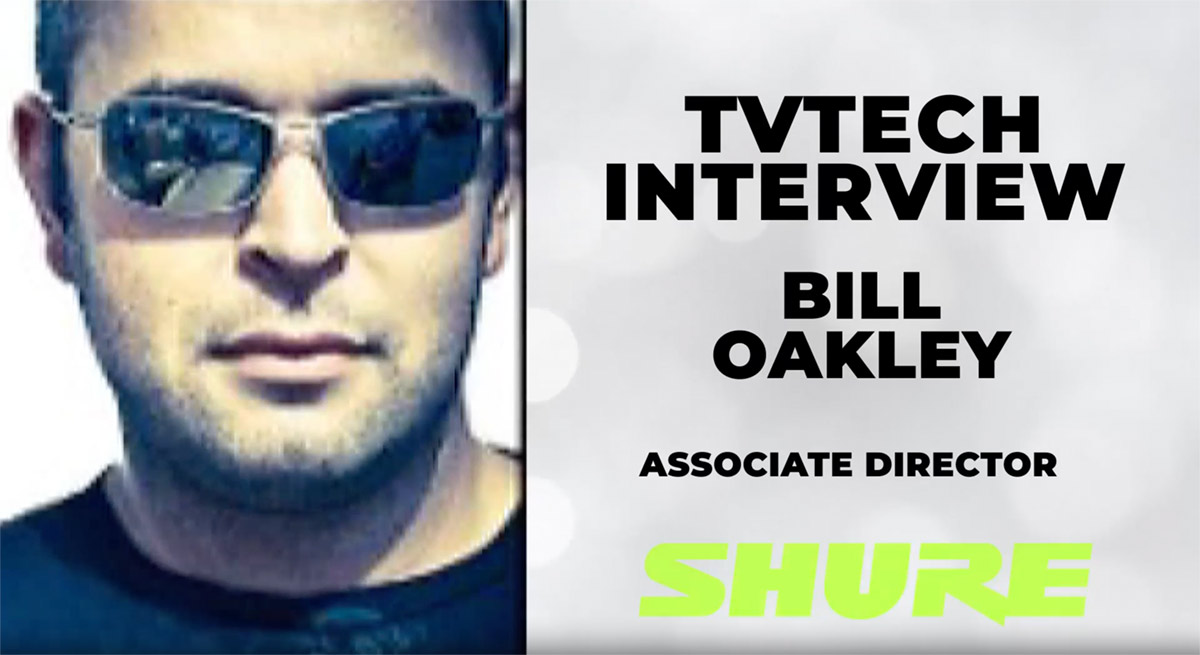If people lose access to free off-air TV channels and can't afford wireless broadband (it may become more expensive—see this week's RF Shorts) how will they get local news and information?
Stations most likely to give up their spectrum for auction are the ones serving minority ethnic communities that can't provide enough advertising revenue to justify holding onto the spectrum. Chapter 9 of the National Broadband Plan (NBP) provides one answer.
"The FCC should consider free or very low-cost wireless broadband as a means to address the affordability barrier to adoption." (Recommendation 9.2)
This compares a free wireless broadband to broadcasting today. The free wireless broadband would provide sufficient connectivity for "a basic package of broadband applications." Free or very low-cost wireless broadband might be supported by advertising or through contributions similar to those telephone carriers are required to pay to the Universal Service Fund (USF).
I'll conclude with a full paragraph from the NBP on this topic as it provides an insight into how the Plan's authors view broadcast television:
"A free broadband service requirement would be similar to the way in which America currently provides universal access to video services. The FCC provides spectrum for broadcast television stations on the condition they offer a free service in the public interest. As a result, all Americans have access to a free, over-the-air video service: broadcast television, in most instances, supported by advertising. Broadcast television provides all Americans a basic package of news, information and other programming. This free service offers fewer channels and less choice in programming than paid services offer. Indeed, the difference in offerings is so great that despite the financial differences between free and $49, which is the average monthly price of a multichannel video subscription, more than 86 percent of American households subscribe to a paid service"
The professional video industry's #1 source for news, trends and product and tech information. Sign up below.

Doug Lung is one of America's foremost authorities on broadcast RF technology. As vice president of Broadcast Technology for NBCUniversal Local, H. Douglas Lung leads NBC and Telemundo-owned stations’ RF and transmission affairs, including microwave, radars, satellite uplinks, and FCC technical filings. Beginning his career in 1976 at KSCI in Los Angeles, Lung has nearly 50 years of experience in broadcast television engineering. Beginning in 1985, he led the engineering department for what was to become the Telemundo network and station group, assisting in the design, construction and installation of the company’s broadcast and cable facilities. Other projects include work on the launch of Hawaii’s first UHF TV station, the rollout and testing of the ATSC mobile-handheld standard, and software development related to the incentive auction TV spectrum repack. A longtime columnist for TV Technology, Doug is also a regular contributor to IEEE Broadcast Technology. He is the recipient of the 2023 NAB Television Engineering Award. He also received a Tech Leadership Award from TV Tech publisher Future plc in 2021 and is a member of the IEEE Broadcast Technology Society and the Society of Broadcast Engineers.
